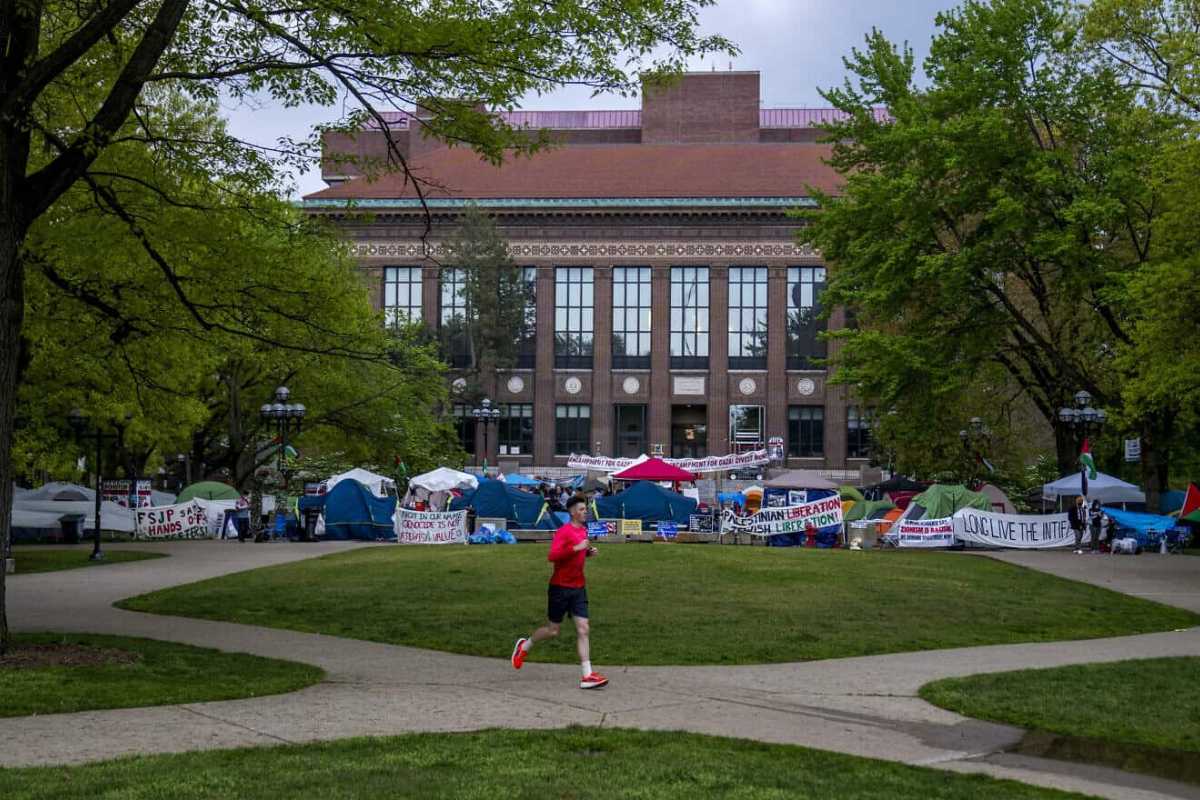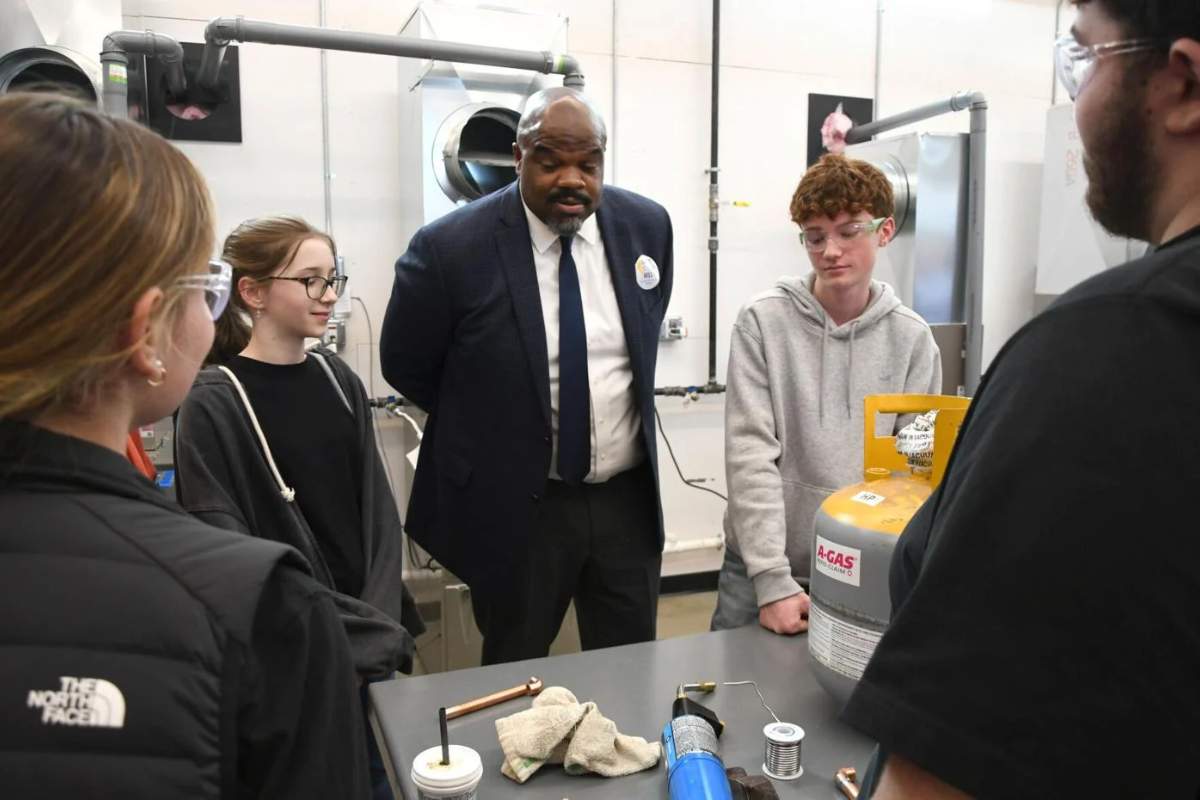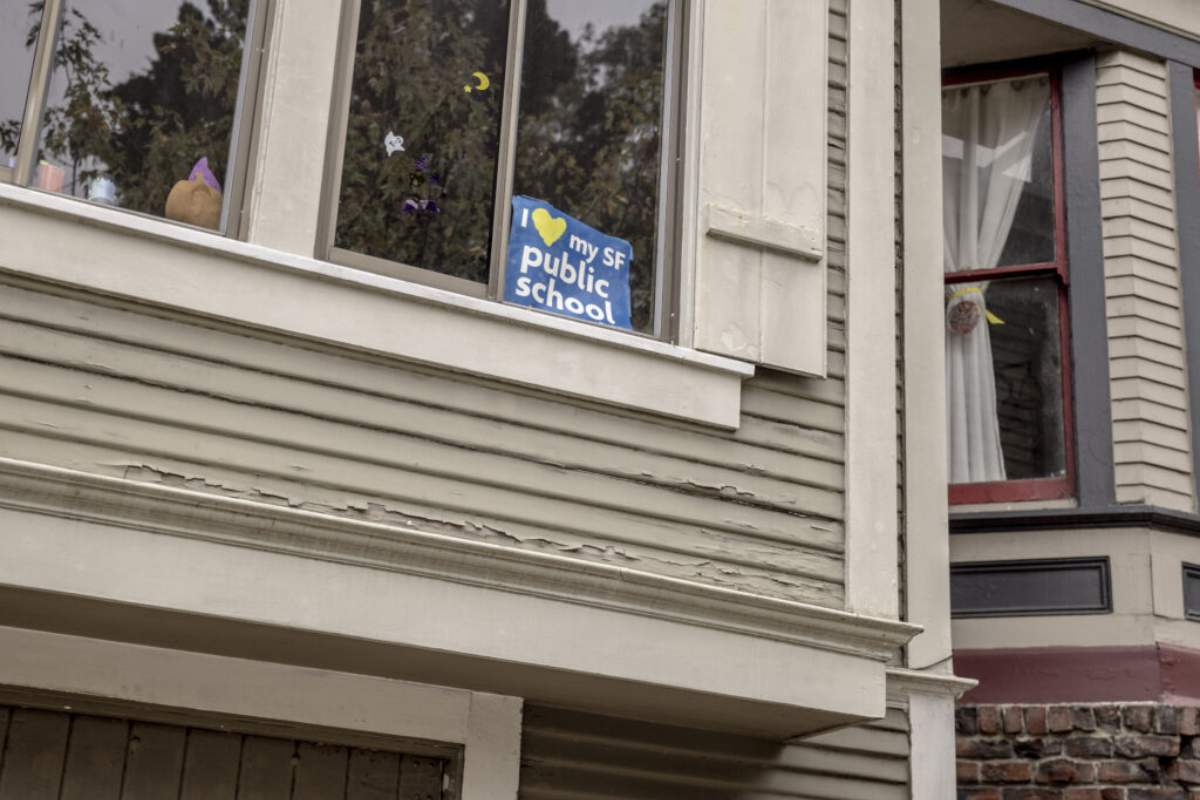Gov. Greg Abbott’s top aim for this special session, the creation of an education savings account programme, was unveiled by the Texas Senate on Monday.
Sen. Brandon Creighton, R-Conroe, is the author of Senate Bill 1, which would give families access to $8,000 in government funds to cover private school tuition and other educational costs like uniforms, textbooks, tutoring or transportation, among other things.
In a statement, Creighton said, “Educating the next generation of Texans is a fundamental responsibility. It is my belief that giving parents more control over their children’s education will promote competition, innovation, and ensure that every student in Texas has the chance to find an educational path that meets their specific needs.”
These education savings accounts would be created and managed by the state comptroller’s office. The programme is to be funded for the next two years with $500 million from the general revenue pool, according to the proposed legislation. The comptroller’s office would also be in charge of certifying a company to help process applications, authorise contractors, and approve participating private schools. Preventing fraud and misuse of funds would also be a big worry for many MPs.
According to Creighton, the programme won’t divert funds from public schools because it is funded by general income, not the Foundation School Programme, which is the state’s primary funding source for K–12 public schools.
Private school students are not have to take a state-mandated academic achievement assessment under the proposed legislation, contrary to what opponents of school vouchers in the Texas Legislature have argued should be the prerequisite for even considering an education savings account plan.
Almost any student who attended a public school last year and any student who is prepared to enter in Pre-K or kindergarten would be eligible to apply for the programme if it became law.
If there are more applicants than there are money for the programme, the bill incorporates a system to prioritise enrollment. The remaining available seats would be distributed as follows: 10% to children who attended public, private or home school the previous academic year; 40% to students who get free or reduced lunch; 30% to households earning between 185% and 500% of the federal poverty level; 20% to students with disabilities.
School voucher bill filed in the Texas Senate
After Creighton unveiled Senate package 2, a $5.2 billion school funding package that would primarily support teacher salaries and add a tiny funding increase to help schools cover their mounting costs, SB 1 was filed a few hours later.
It is still unclear whether the funding bill will ever be introduced. Education savings accounts, a school voucher programme that would provide families access to public funding to pay for their children’s private schooling, were the only item on Abbott’s agenda for the special session that was devoted to education. The state constitution specifies that during special sessions, only laws pertaining to the governor’s agenda items may be passed by the legislature. The agenda is always subject to change by the governor.
According to Creighton, SBs 1 and 2 together demonstrate how legislators may increase public school funding while also giving Texas families additional options for where to send their children to school. Due to differences about vouchers and how to offer teachers salaries, two Creighton-authored bills that would have established an education savings account programme and given pay bonuses to teachers failed in the House during the regular session.
Creighton linked his education savings account idea, which is similar to the one he proposed on Monday, to House Bill 100, a school funding bill, as a last-ditch effort at the end of the regular session. That legislation ultimately failed when House lawmakers once more remained steadfast in their opposition to school vouchers, but the result was that public schools received no new funds for teacher increases.
With Texas Republicans divided within their own party as the third special session of this year got underway on Monday, the future of an education savings account programme remained dubious. Dan Patrick, the lieutenant governor, demanded that House Speaker Dade Phelan step down because the speaker insisted that he return $3 million to the Defend Texas Liberty PAC, a significant supporter, following news that the group’s chairman had spoken with a white nationalist and antisemitic activist, according to The Texas Tribune. Patrick charged Phelan with exploiting the Hamas attack on Israel this past weekend for political purposes.
Meanwhile, Texas House Democrats made it clear that they would once more oppose any form of school voucher scheme.
The head of the House Democratic Caucus, Rep. Trey Martinez Fischer of San Antonio, told reporters that his group is “quite clear: no vouchers and
Rep. James Talarico, a Democrat from Austin, called the voucher fraud “a poison pill that will ultimately take more from our public schools than it puts in.”
In terms of school vouchers and public school finance, Mark Jones, a political science professor at Rice University, said he thinks Abbott and the Senate are on the same page.
SB2 “is the main carrot Abbott is using to entice the anti-voucher Republicans and the small number of persuadable Democrats to vote for school choice legislation,” Jones claimed. Abbott will put public school funding on the special session schedule once school choice legislation is on its way to the governor’s desk, enabling the Senate and House to swiftly enact SB2 or a similar measure.










